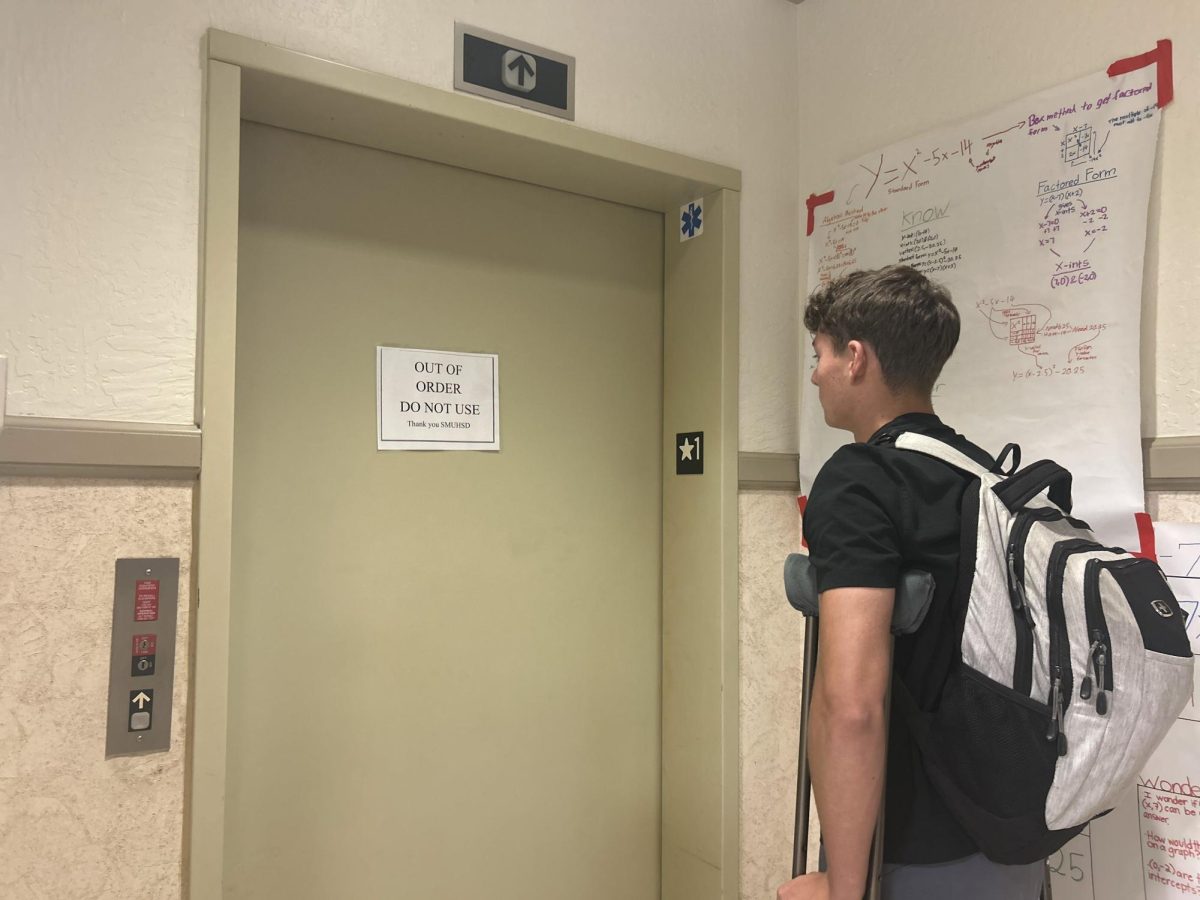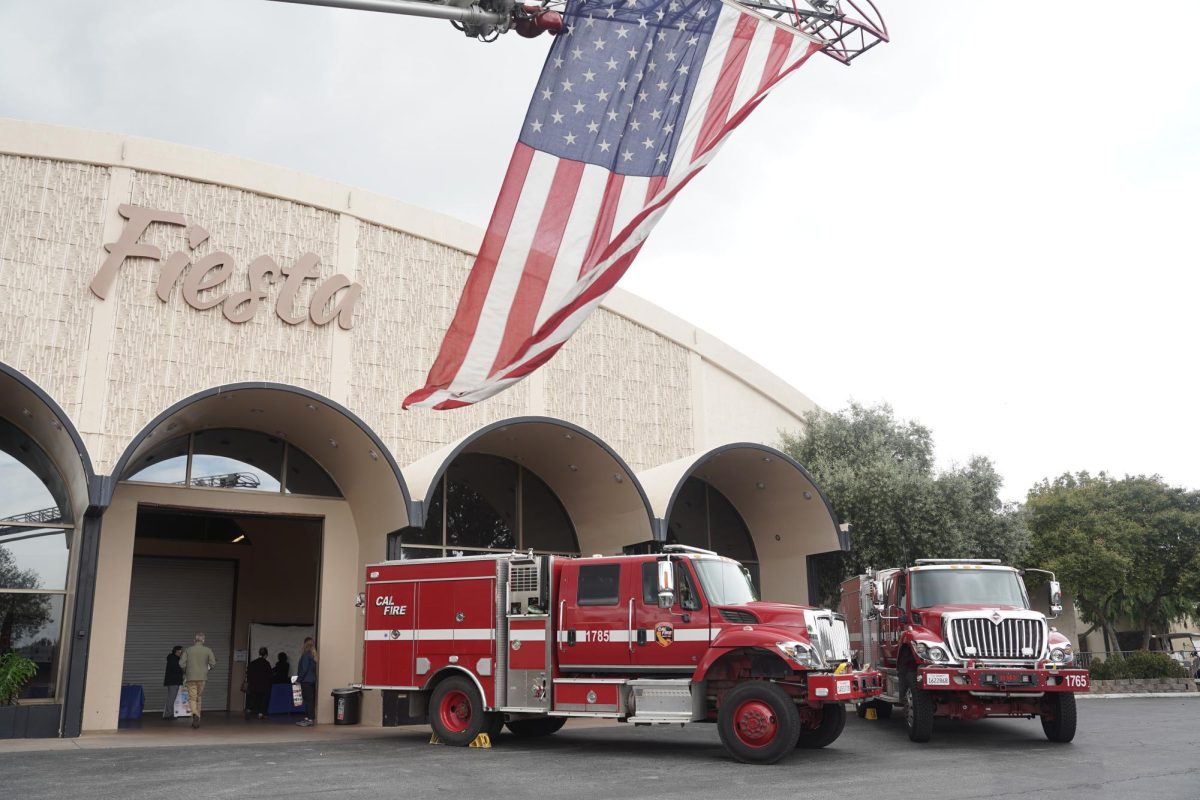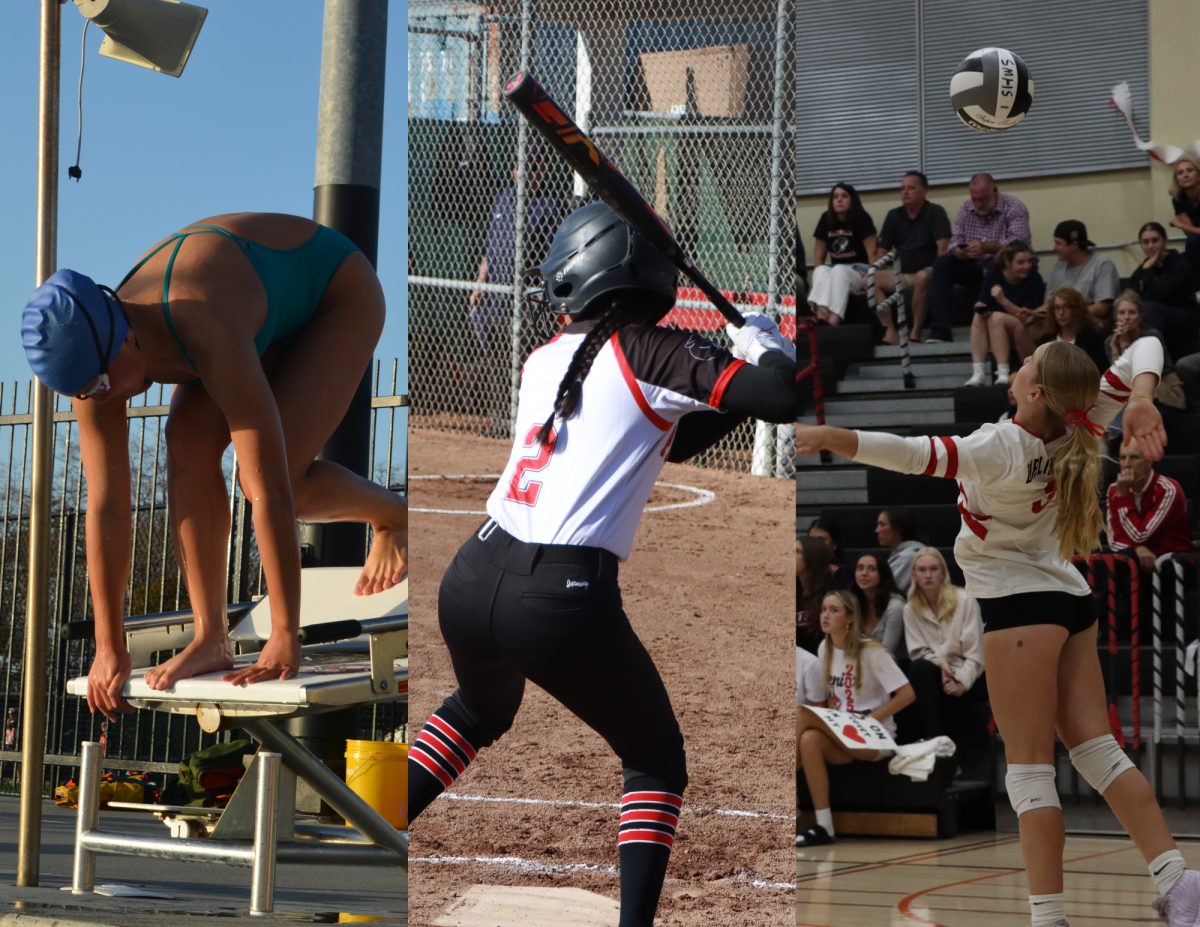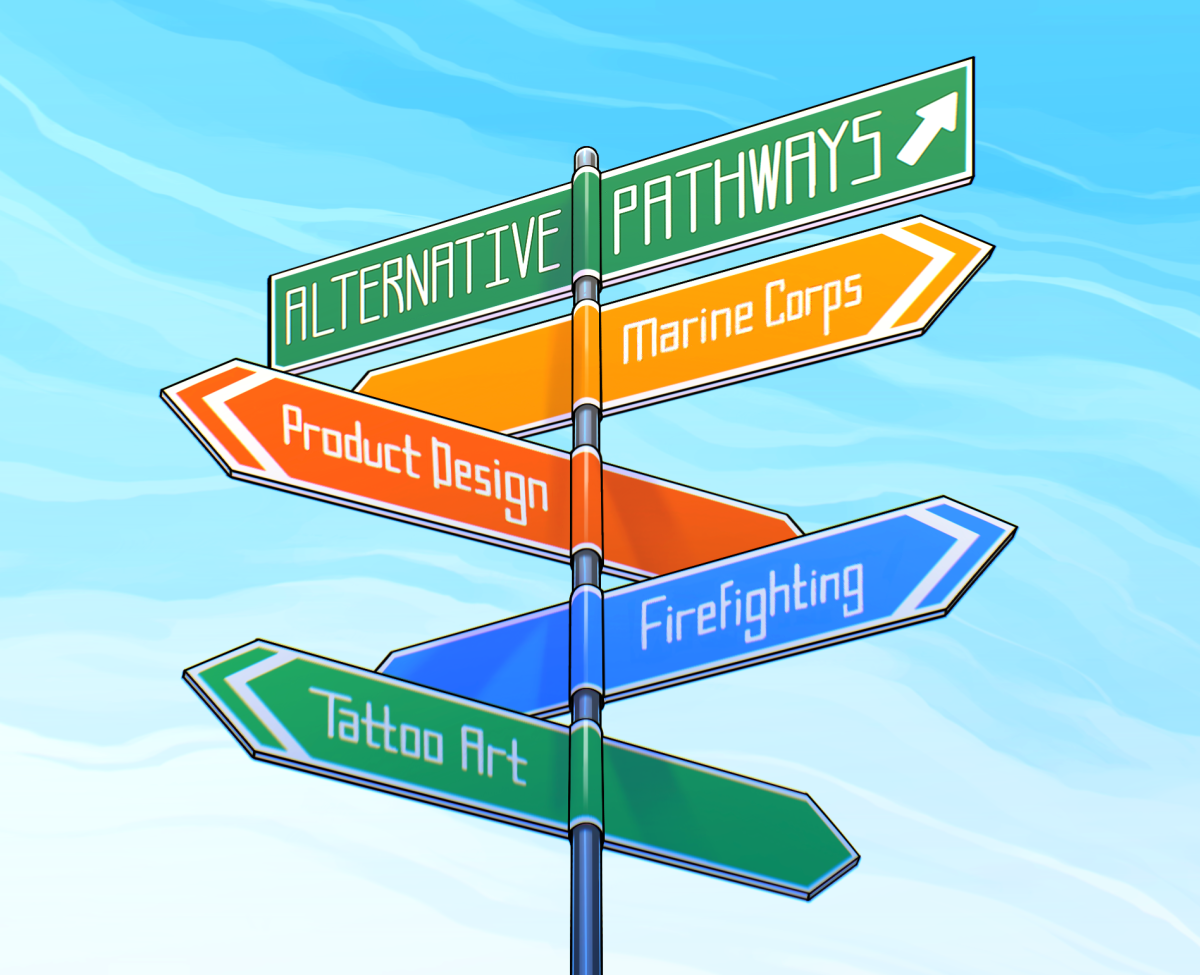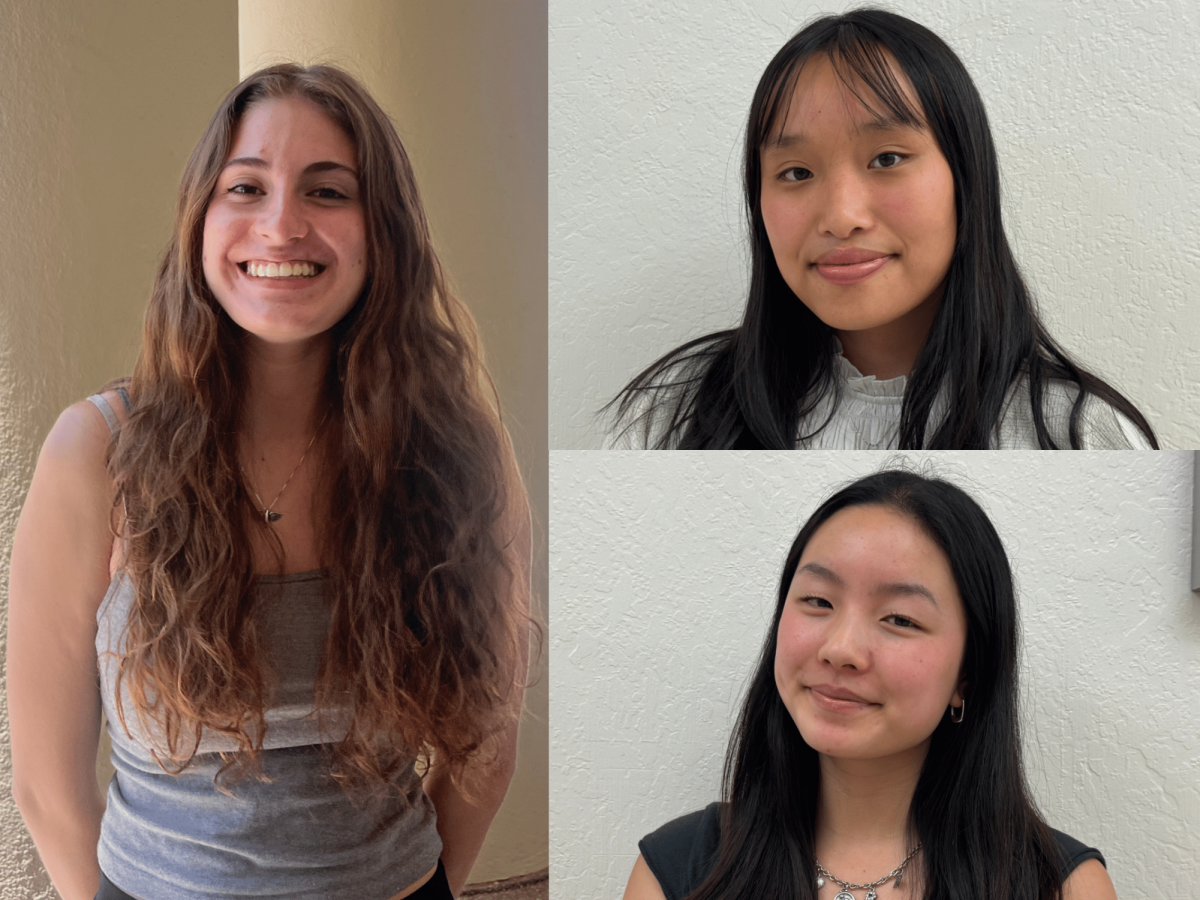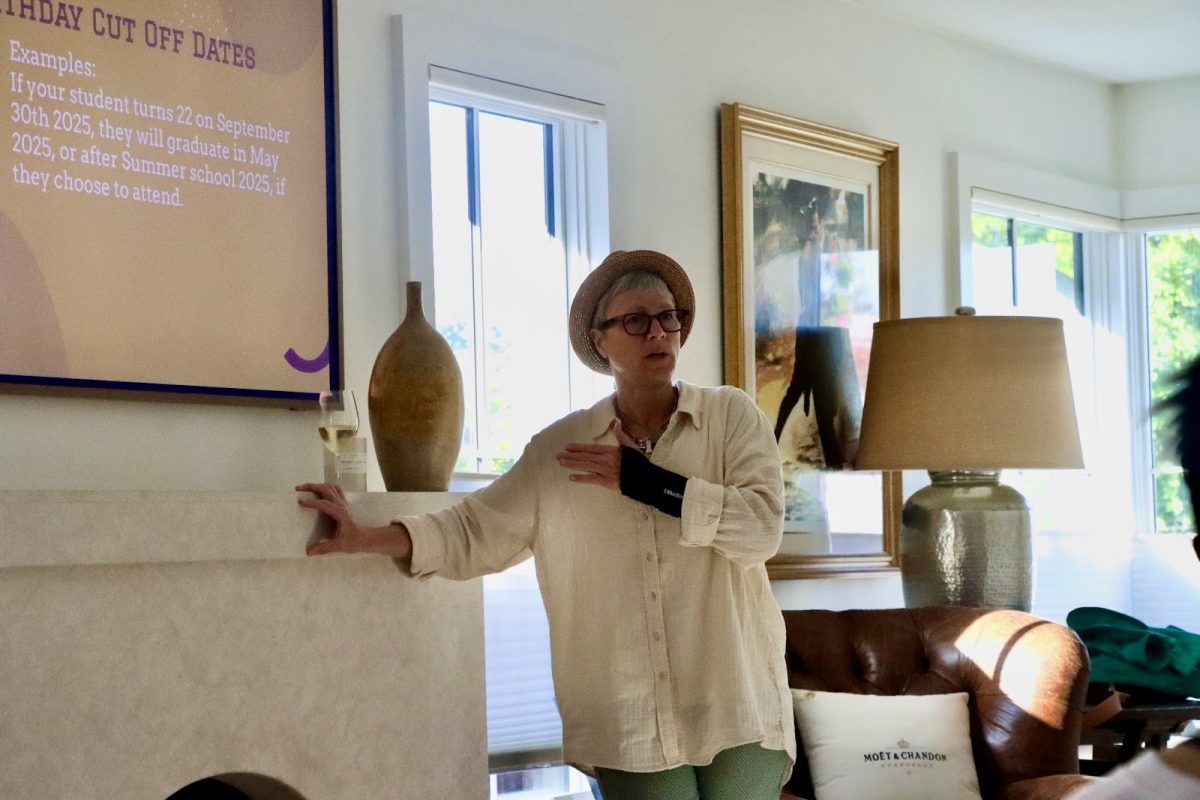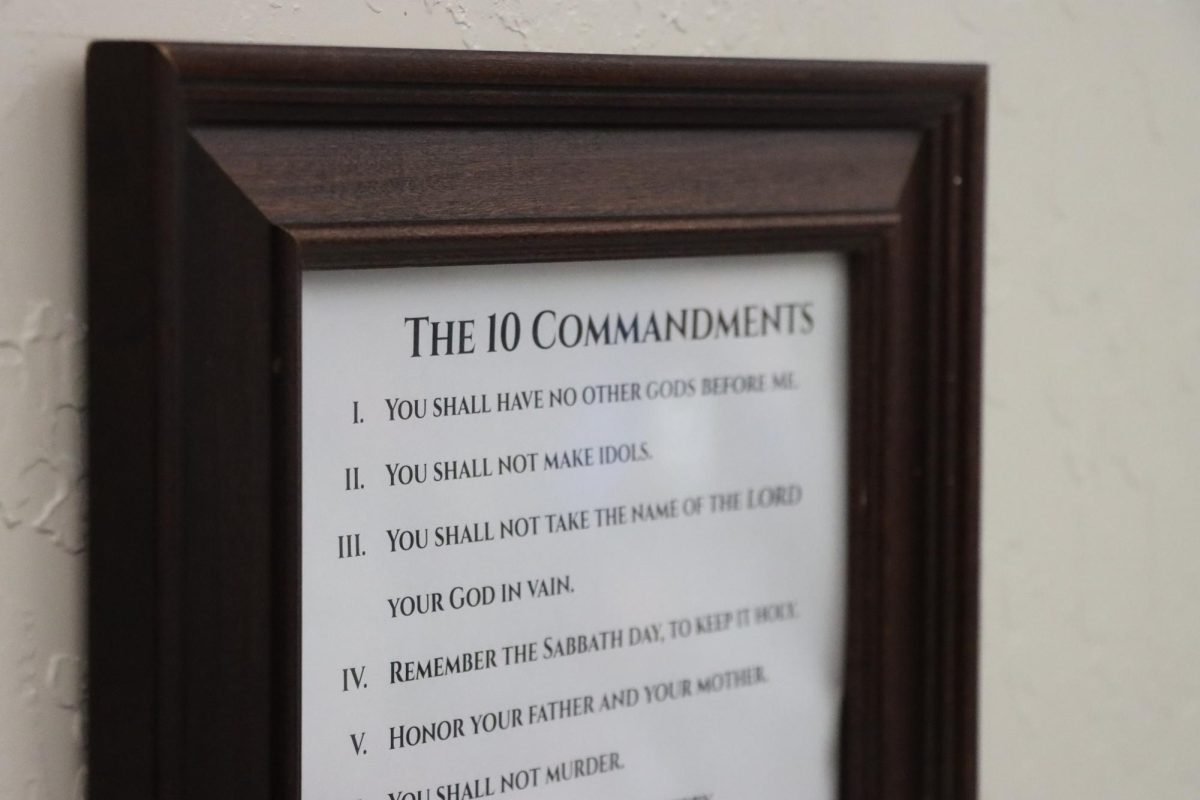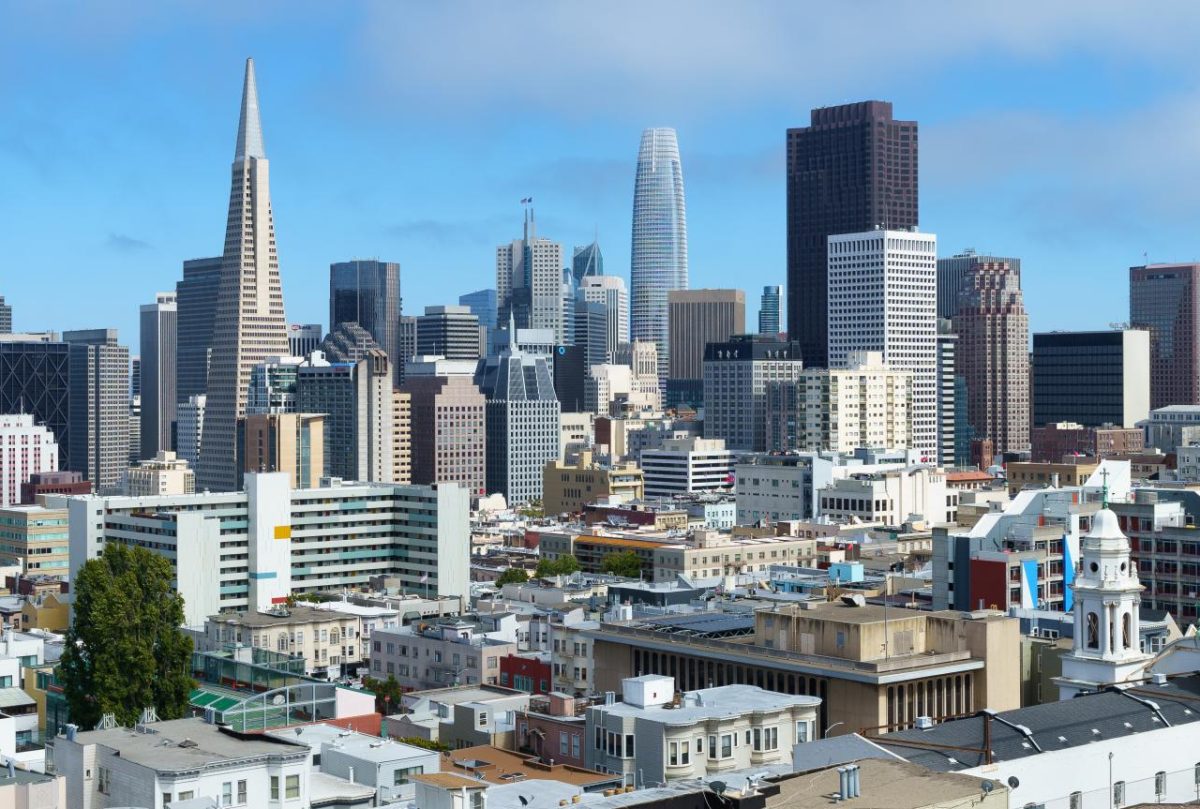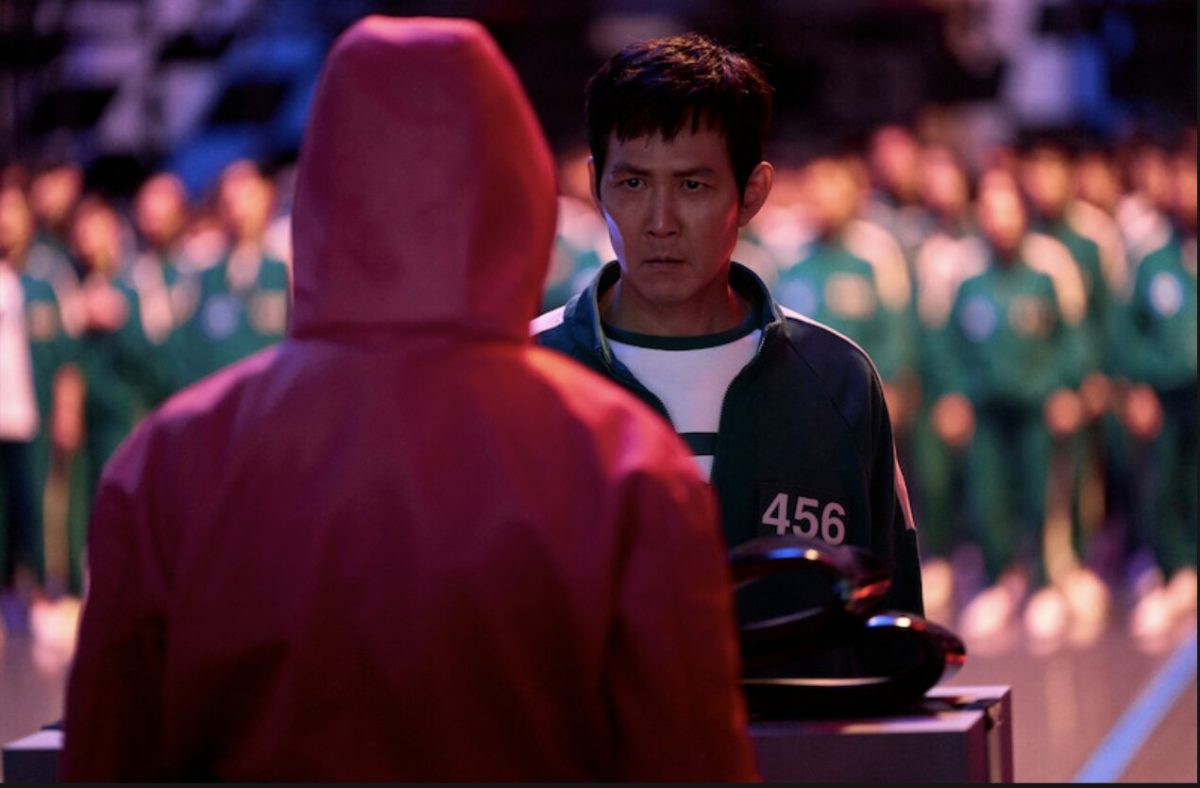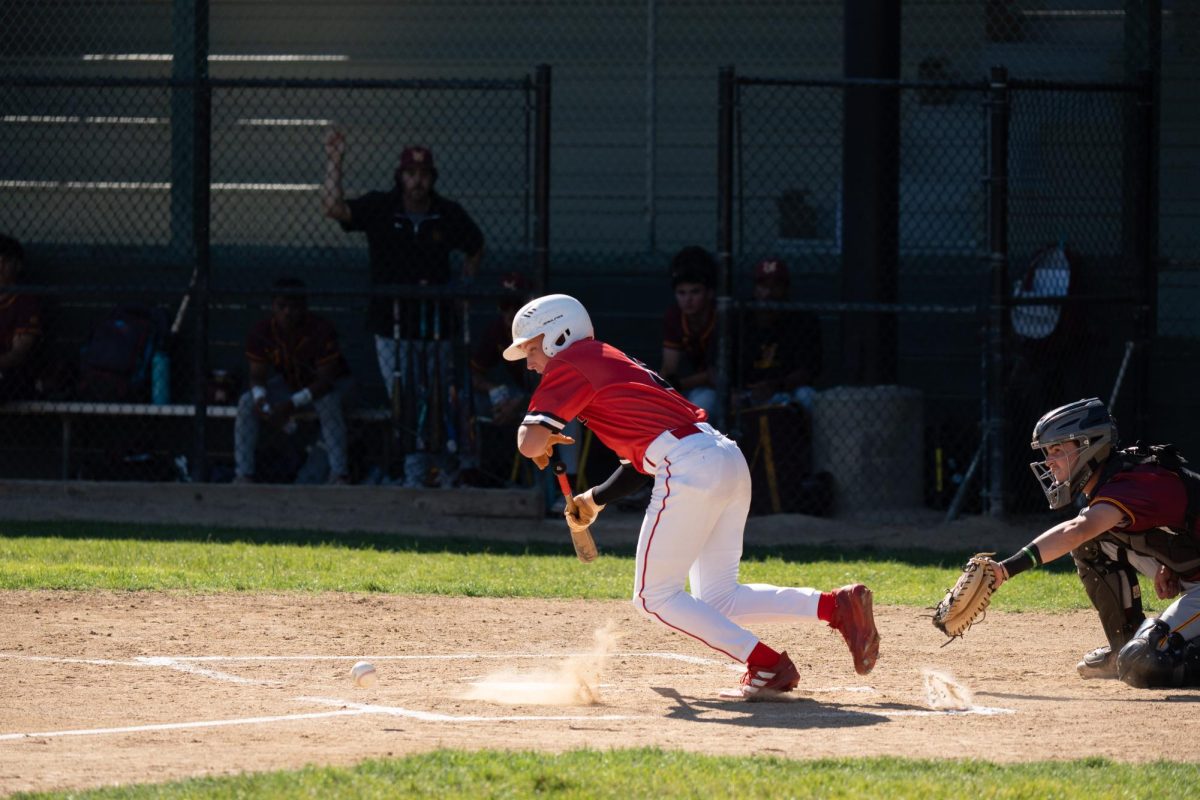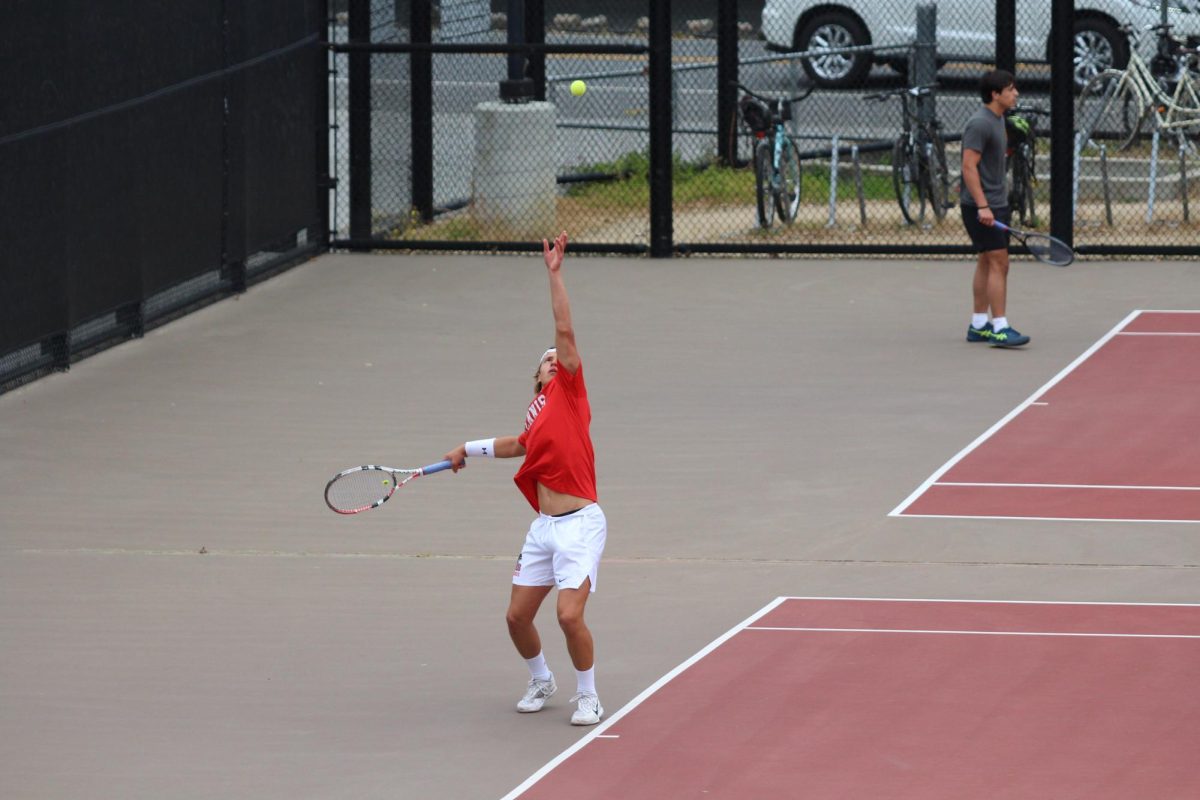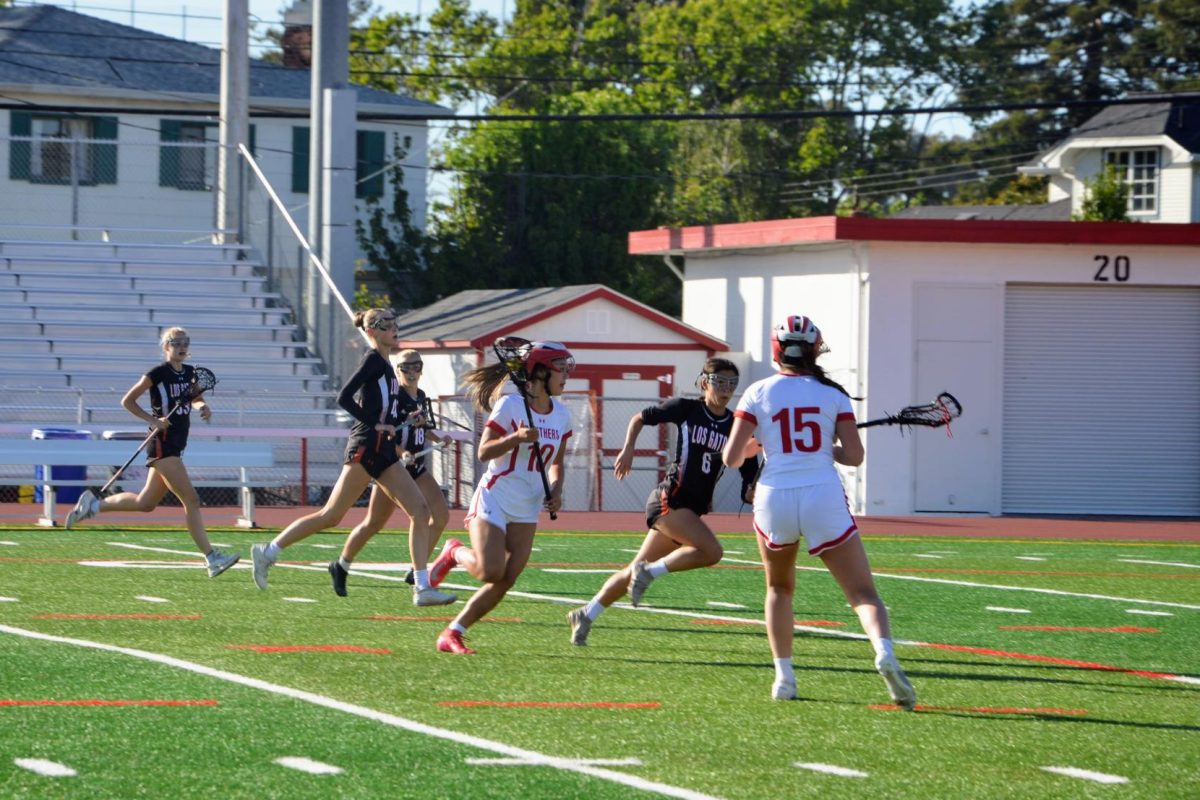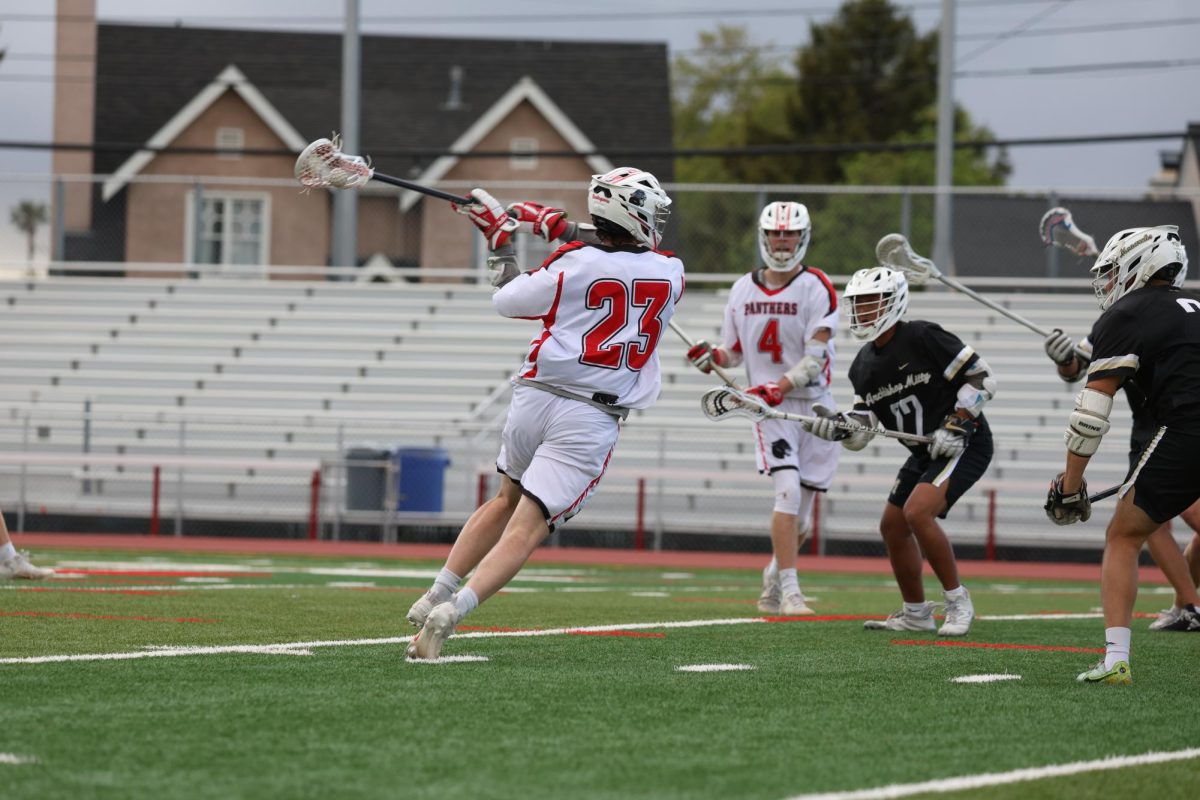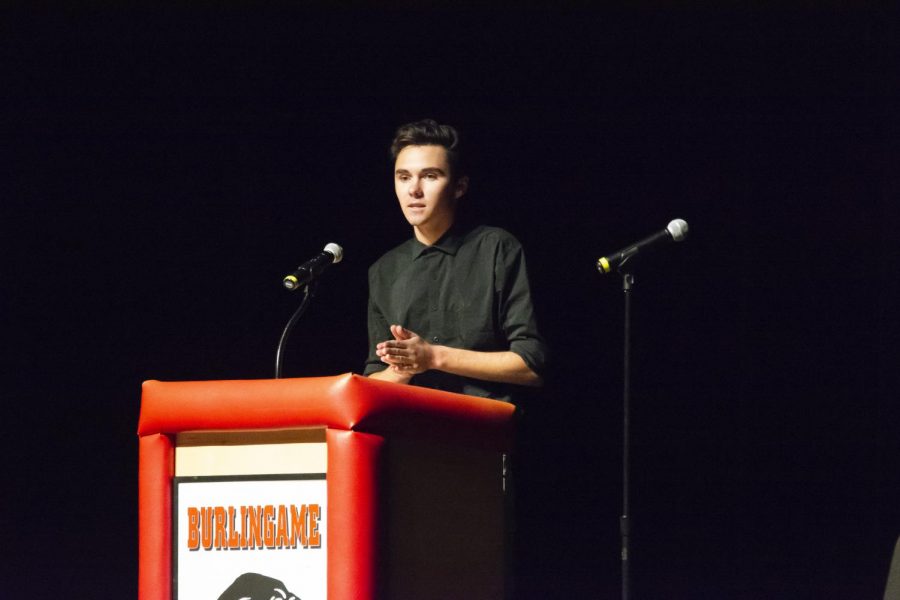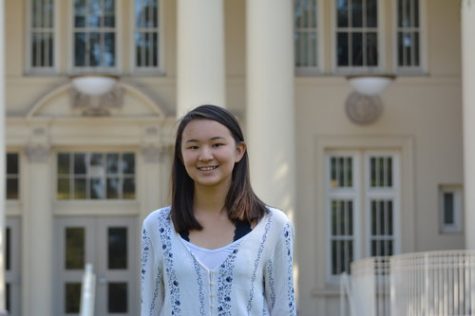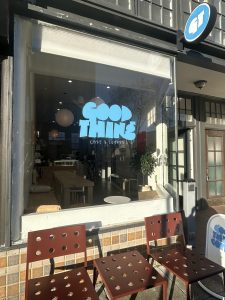Parkland survivors speak at March for Our Lives panel
February 19, 2019
David Hogg and Ryan Deitsch, former students of Marjory Stoneman Douglas High School in Parkland, Fl., spoke on Jan. 26 at a March for Our Lives panel describing their experiences as well as legislative and cultural effects of their movement. ASB co-President Lily Navab, former Burlingame student Uma Krishnan and two members of the Boys & Girls Club spoke as well.
Hogg opened the panel by describing “the innocence” of the students on the day of the shooting, telling the story of Parkland senior Joaquin Oliver. The day before the shooting, Oliver had bought sunflowers for his girlfriend, Victoria Gonzalez. Feb. 14, 2018 was the last time they saw each other. Oliver was shot and killed in his classroom.
“The people that are taken as a result of gun violence are not lost; they are stolen,” Hogg said. “Every person that has been taken by gun violence now lives on as an activist.”
Hogg explained that victims are martyrs for the movement, and are the result of the lack of government action. Despite the legacy they leave behind, Americans have come to see gun violence as related to gang violence and mental illness, not one government legislation can solve. The media covers school shootings as being carried out by those with mental illnesses and everyday shootings being carried out by those with relations to gangs. As a result, the main issue, a lack of legislation, is not dealt with.
“For far too long, gun violence has been treated like an act of God,” Deitsch said. “Like gun violence is just something that is always supposed to happen in society, like a tornado or a hurricane or an earthquake, that is unstoppable.”
Hogg acknowledged that gun violence is a complex issue but then argued that there are simple solutions which politicians have failed to make. Hogg described the lack of legal responsibility parents have over their firearms and how easily their children can access weapons. If an individual becomes inebriated by drinking their parents’ alcohol and kills someone, their parents are held responsible. But, Hogg explained, if an individual uses their parents’ gun to kill someone, their parents will not face legal repercussions, as they are not required to lock up their firearms.
Navab also noted the issue with a lack of waiting period in most states. A waiting period is the period of time between requesting a gun and receiving it. Only nine states and the District of Columbia require a waiting period between the purchase and delivery of a gun, which can reduce the likelihood of suicide with a firearm by 17 percent and the homicide rate by 51 percent.
“There’s an issue with someone who decides to walk into a shop and purchase a gun. There’s a sense of irrationality, there’s a sense of wanting to do something you’re not really thinking about,” Navab said.
The panel closed with Hogg and Deitsch explaining the ways students can become involved in the movement. They argued that the responsibility to create change is with the younger generations, to remove politicians who are against gun control legislation and use their voices to speak out.
Since the beginning of the March for Our Lives movement, more than 70 gun laws have been passed at the state level, and youth voter turnout (18- to 24-year-olds) in Florida doubled since 2018. More than 800 people have been banned from owning guns—those who have a record of domestic abuse, terrorism or self-harm. Hogg and Deitsch argued that change to policies regarding guns will not come from current voting populations. Rather, they said, the change has and will come from the younger generations.



